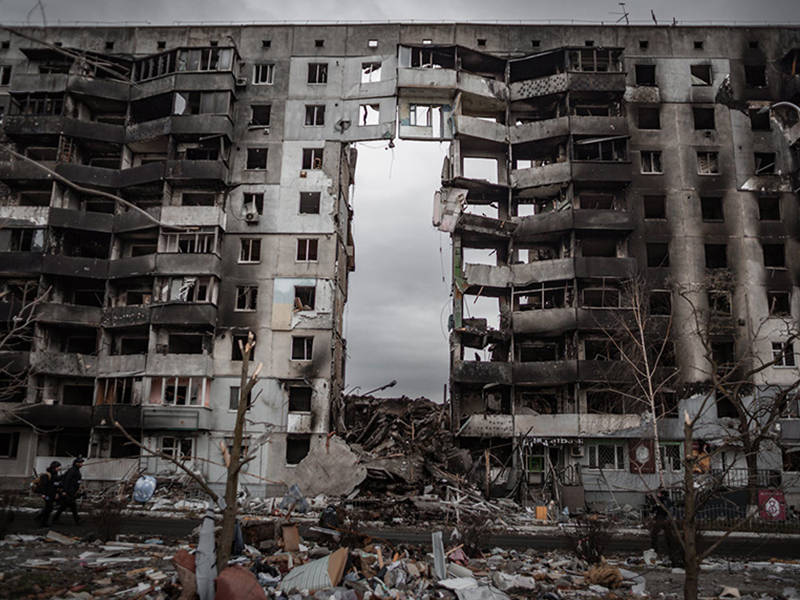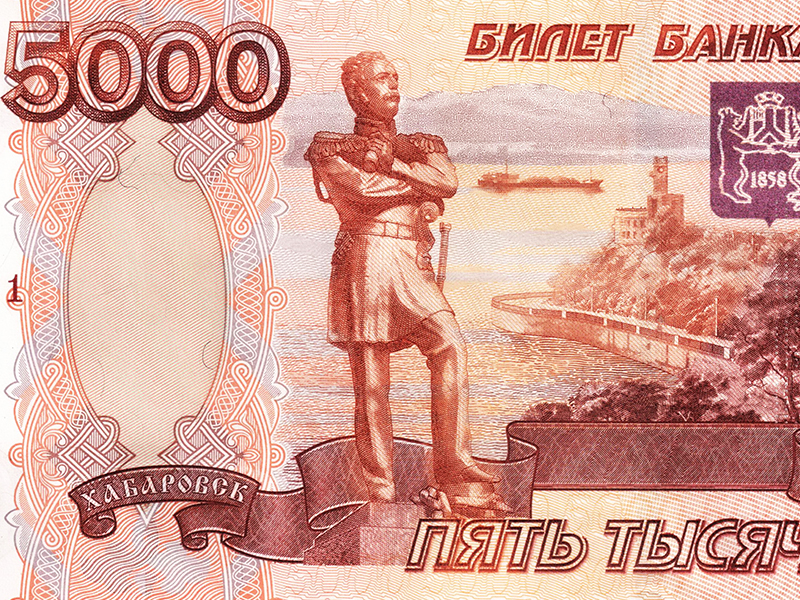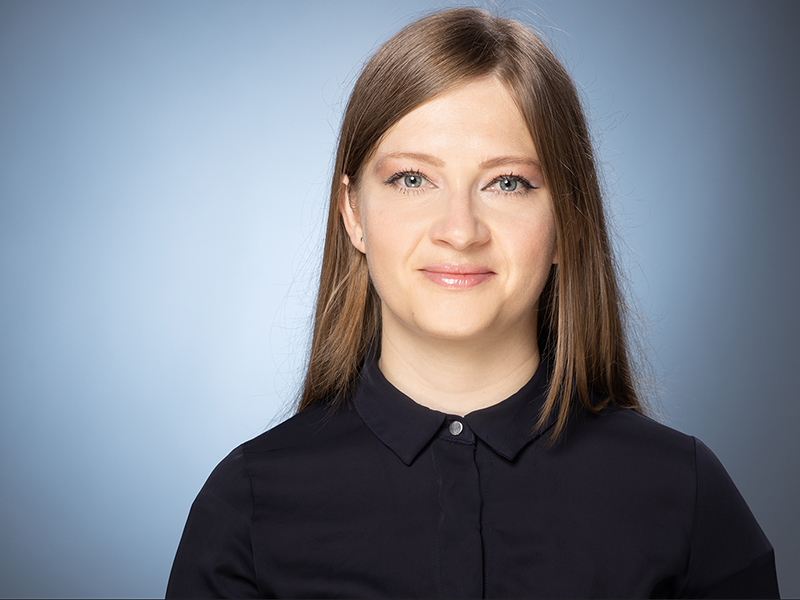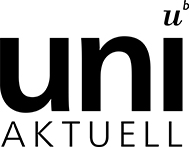International Law
Rebuilding Ukraine with Russian Money
Can the frozen Russian assets serve as a lifeline for Ukraine's reconstruction? While some in the current debate advocate for seizing these funds as reparations, the legal road ahead is far from straightforward.

411 billion dollars: This is the astronomical sum estimated by the Ukrainian Government, the World Bank Group, the European Commission, and the United Nations in a joint report on the cost of reconstruction in Ukraine. A mind-boggling figure, but crucial for understanding the scale of the challenge.
Frozen Russian Fortunes
The early days of the war witnessed a rapid response, around half of the Russian Central Bank's assets were frozen, amounting to approximately $300 billion. Additionally, assets belonging to private individuals, commonly known as oligarchs, were also frozen, totalling $58 billion. This collective freezing of assets constituted a swift and substantial international response to curb Russia's financial capabilities in the wake of its actions, particularly the invasion of Ukraine. A considerable wealth reservoir is now in a state of suspension.
Legal Quandaries
Delving into the legal realm, the prospect of confiscating assets, particularly those of the Russian Central Bank, is met with formidable challenges. Diving into the legal nuances, we find ourselves in a realm where seizing central bank assets encounters roadblocks – specifically, the principle of state immunity. State immunity is a rule in international law that means one country can't be taken to court or have its assets taken away by another country without permission. It serves as a mechanism to prevent nations from encountering legal issues within the courts of other countries. Nowadays legal scholars are debating whether exceptions should be carved out given Russia's actions.

The spotlight turns to the private fortunes of sanctioned Russian oligarchs. The property of Russian oligarchs may be challenging to confiscate due to legal complexities and international agreements protecting property rights. Confiscating private assets, even in the context of sanctions, must adhere to due process guarantees and human rights obligations. The legal systems of different countries often require substantial evidence and legal justifications for seizing assets, and these processes can be subject to legal challenges. Moreover, international investment agreements and customary international law may grant protections against arbitrary expropriation, necessitating careful consideration and adherence to legal standards in any attempt to confiscate the property of Russian oligarchs.
UN's Call for Accountability and Canada’s Strategic Move
The United Nations, in a resolute resolution from November 2022, recognized Russia's accountability and proposed the creation of an international register of damage, a testament to the global community's commitment to holding the aggressor responsible.
«The confiscated assets serve a noble purpose»
Iryna Bogdanova
Following the UN's lead, the Council of Europe established a register in May 2023, documenting evidence of damage inflicted by Russia within Ukraine's borders. A step towards cataloguing the scars of conflict. Zooming in on the national stage, individual countries are taking steps to wield the power of frozen assets in the name of justice. In the summer of 2022, Canada set a precedent with ground-breaking legislation that transcends traditional legal boundaries. This legislation grants the authority to confiscate assets, regardless of their origin, whether legally or illegally acquired.
The confiscated assets serve a noble purpose—reconstructing a foreign state ravaged by a severe breach of international peace and security. Additionally, these assets can contribute to restoring international peace and compensating victims of egregious breaches of peace, severe human rights violations, or significant corruption.
Canada leads the way
In December 2022, Canada took its first stride in enforcing this legislation by initiating the process to seize and pursue the forfeiture of assets belonging to Granite Capital Holdings Ltd., a company owned by a sanctioned Russian oligarch. Demonstrating a commitment to action, the Canadian government further ordered the seizure of a Russian-registered cargo aircraft believed to be owned by a subsidiary of two sanctioned Russian entities.
The Canadian Parliament has been actively engaged in deliberations since October 2023 regarding Bill S-278. If adopted, this bill would confer the authority to confiscate Russian Central Bank assets without the need for court oversight. Canada's dynamic legislative moves underscore a determined effort to wield frozen assets as a means to propel Ukraine's recovery.
United States take action, too
Across the border, the United States has been making strategic moves in the realm of frozen assets. In May 2023, the US announced the transfer of seized assets belonging to a Russian oligarch accused of breaching US sanctions. Attorney-General Merrick Garland emphasized that this transfer is not a one-time event but rather the beginning of a series of actions.
Moreover, the United States is contemplating a significant legislative move – the introduction of the Rebuilding Economic Prosperity and Opportunity for Ukrainians Act. If passed, this act would authorize the confiscation of Russian sovereign assets and their subsequent transfer to Ukraine.
UK and EU also take measures
Before hosting the Ukraine Recovery Conference in 2023, the UK government announced new legislation that flexes its legal muscles. This legislation empowers the UK to maintain sanctions until compensation is paid to Ukraine. Notably, it also accommodates a unique provision allowing sanctioned individuals to voluntarily contribute their frozen assets toward Ukraine's reconstruction.
In the European Union, two parallel initiatives have unfolded. The European Union is spearheading an initiative to seize assets from those implicated in violating its sanctions. This undertaking underscores the EU's steadfast commitment to upholding the sanctity of its sanctions framework and ensuring accountability for those who defy its regulations. The second initiative initially contemplated using the assets of the Russian Central Bank to generate proceeds for financing Ukraine's reconstruction. This strategy, however, underwent a metamorphosis, evolving into the idea of taxing the generated proceeds and channelling them directly into Ukraine.

Concluding Remarks
In wrapping up, the whole discussion about using frozen Russian money to rebuild Ukraine is like a big puzzle of laws, global politics, and efforts to ensure justice. It's not an easy road! But from big decisions at the United Nations to Canada making bold moves, everyone's trying to figure out the best way to help Ukraine get back on its feet. These frozen assets are now in the spotlight and could shape how the world responds to tough situations of this kind in the future. But the big question remains for now: Can we turn these frozen funds into a fresh start for Ukraine? Time will tell, but the global community is definitely on its toes, figuring out how to make it happen.
About the World Trade Institute WTI
The World Trade Institute (WTI) at the University of Bern is a leading interdisciplinary academic institution dedicated to graduate-level studies, research and outreach activities on international trade regulation and investment. As a centre of excellence at the University of Bern, we explore the interconnections between the fields of law, economics and political science.
Subscribe to the uniAKTUELL newsletter

Stories about research at the University of Bern and the people behind it – gripping, multimedia and free of charge.